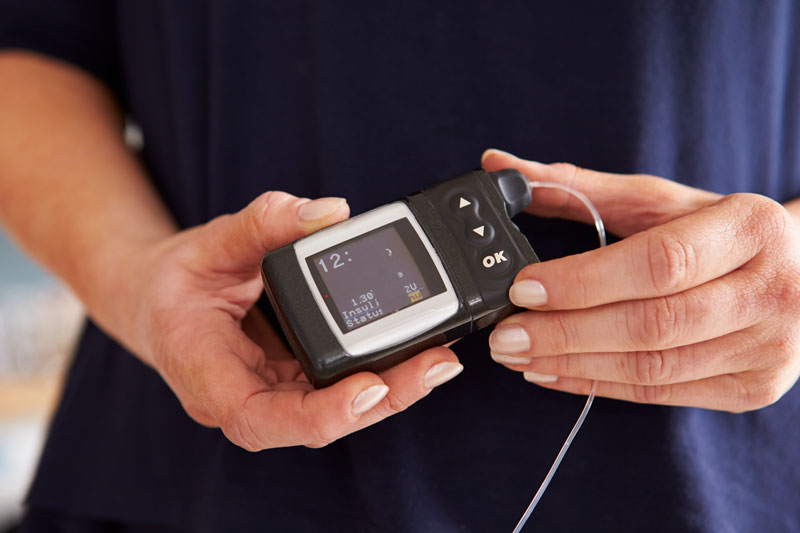What is Fibromyalgia and Autoimmune Pain?
An autoimmune disease is caused by your immune system accidentally attacking your body instead of protecting it. We do not yet know why this happens – but we know there are over 100 known autoimmune diseases.
Common examples include lupus, rheumatoid arthritis, Crohn’s disease and ulcerative colitis. Fibromyalgia is not an autoimmune disease, but it does weaken your immune system by causing various abnormalities and irregularities, which then lead to further symptoms.
These kinds of diseases lead to pain because they can lead to changes to the central nervous system, which is responsible for transmitting information all across your body – including pain signals.
What Are The Symptoms Of Fibromyalgia and Autoimmune Pain?
The symptoms that you experience will vary depending on the exact disease you’re suffering with, but some of the most common include:
- Redness, heat, pain, and swelling in one or more parts of the body.
- Feeling tired all the time.
- Joint pain and stiffness.
- Muscle aches or weakness.
- Skin problems such as rashes, sores, and dry or scaly skin.
- Shortness of breath or trouble breathing.
- Fever that comes and goes

What Are My Treatment Options for Fibromyalgia and Autoimmune Pain?
Thankfully there are a range of treatment options available to help manage your pain – and more often than not, a custom treatment plan will be put together based on your exact condition and symptoms experienced.
It could include any of the following:
- Trigger point injections
- Sacroiliac joint injections
- Facet joint injections
- Epidural steroid injections
- Radiofrequency ablations
Frequently Asked Questions about Fibromyalgia and Autoimmune Pain
1. What’s Fibromyalgia pain like?
Fibromyalgia can make you extremely sensitive to pain all over your body, and you may find that even the slightest touch is painful. Plus, pain will typically last for much longer than normal.
2. What are the top most common autoimmune diseases?
- Multiple sclerosis
- Myasthenia gravis
- Pernicious anemia
- Reactive arthritis
- Rheumatoid arthritis
- Sjögren syndrome
- Systemic lupus erythematosus
- Type I diabetes









